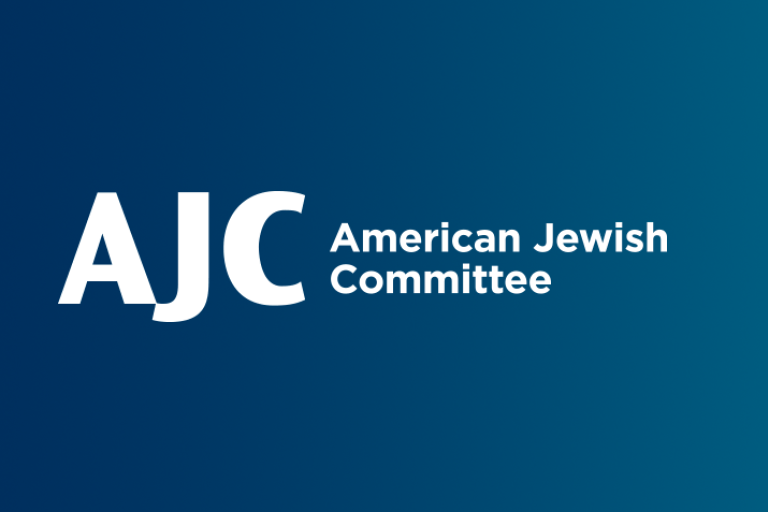December 1, 2016
The Trans-Pacific Partnership (TPP), negotiated under President Obama but scorned by both major candidates to succeed him, was pronounced dead after Election Day. Though ratification of the landmark 12-nation pact had been an uphill struggle, its demise is regrettable. Economically and politically, the costs to the United States will be significant, with adverse effects on American national security, economic prosperity, and global leadership.
Criticism of the trade agreement had long been misplaced. With the TPP yielding net economic gain for the U.S., some American workers would nonetheless have been hurt by its implementation, requiring retraining and assistance. But even without the TPP, U.S. workers and policy will still need to address employment and retraining opportunities for those displaced by the new global economy.
Globalization is a fact. The global trend toward the integration and interdependence of national and regional economies is happening. The movement of goods, services, technologies, and capital across borders is intensifying, and economies are increasingly linked.
TPP was designed to ensure U.S. leadership in a strategically vital region of the world. It would have established a rule-based economic order tying participating countries together more closely, with long-term benefits for each. Abandoning the TPP will not stop the impact of globalization.
Moreover, there was ample precedent for the TPP. The U.S. has negotiated and signed a number of free-trade agreements in the past to stimulate international economic integration and development, and to promote economic and regional stability.
For U.S. leadership in Asia, the TPP would have been a breakthrough. The U.S. and 11 countries across the Pacific Rim collectively account for 40 percent of the world’s economy. The agreement would have strengthened ties between America and its regional allies, opening markets with nearly 1 billion consumers, accounting for nearly two-thirds of global GDP and 65 percent of global trade. The TPP would have facilitated commerce across the Pacific Rim, setting standards for sanitation, environmental protection, and labor.
It was intended to open the region to trade in sectors in which the U.S. runs trade surpluses, such as services and agriculture, and included protection of American intellectual property. It would have stimulated economic growth as well as provided a balance to China's economic rise.
Importantly, the TPP would have retained America's leadership in the region. Trade is a key component of U.S. foreign policy. The death of the TPP will intensify already existing doubts about American reliability, doubts that AJC, our own global organization, had heard from numerous opinion leaders and government officials from the region and around the world.
The U.S. presence in the Asia Pacific region has been central to the area’s security and stability for decades, facilitating Asia's economic rise and contributing to global peace. Many countries that joined in the TPP, friends and allies of the U.S., had made great concessions and risked political capital on its implementation.
American credibility and commitment to the region is now in question. Abandoning the TPP weakens America's geopolitical position as a key player in the Asia Pacific region and globally. China will likely step into the void and take the lead in establishing the rules of the road. It was already poised to do so with the Regional Comprehensive Economic Partnership (RCEP). RCEP includes the Association of Southeast Asian Nations (ASEAN) plus six other major regional players: China, Japan, Korea, Australia, New Zealand and India. In this new equation Americans will be the losers and the adverse effects will be massive and long-term.
The TPP served our country’s strategic aims, strengthening democratic values and safeguarding our influence, our standards, and our market access in the world’s most dynamic region. Abandoning this partnership will be a blow to American interests, both domestically and internationally.
Jason Isaacson is the American Jewish Committee (AJC) Associate Executive Director for Policy and Shira Loewenberg is Director of AJC’s Asia Pacific Institute.




